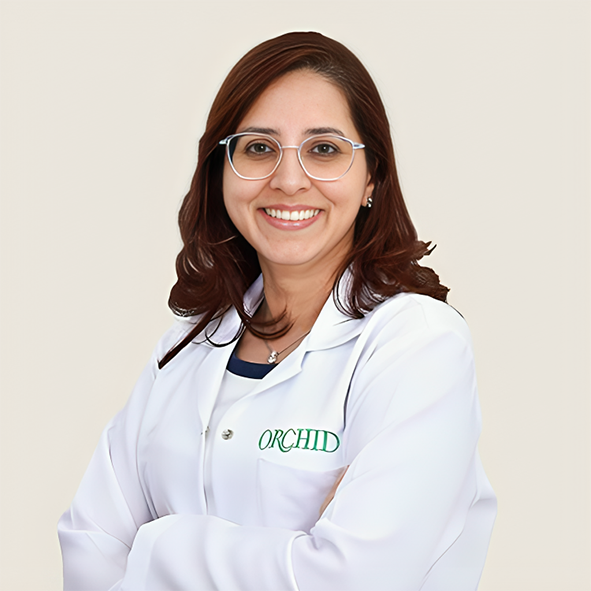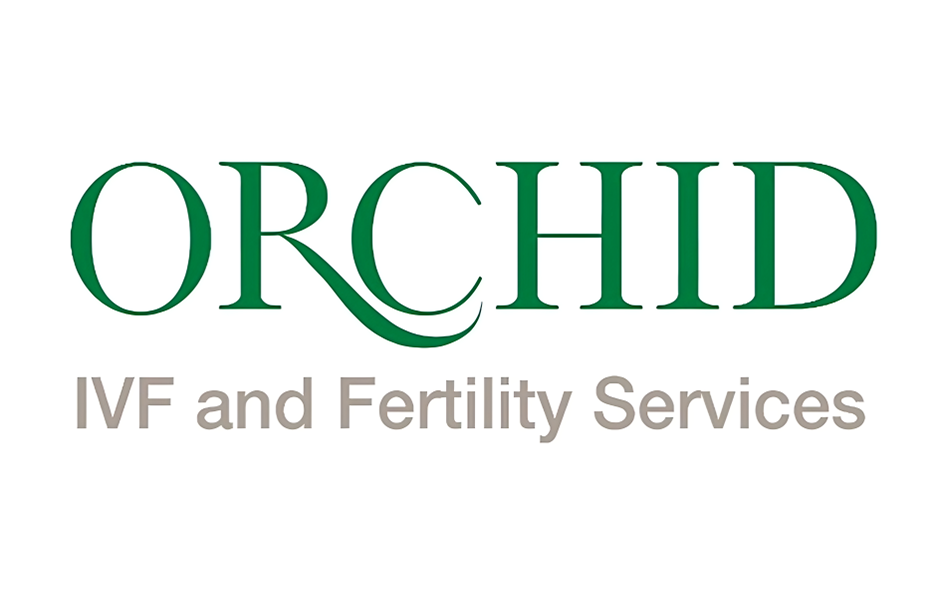Arab Bank Group Reports Record Net Profit of USD 1.13 Billion for 2025, 40% Cash Dividends
Orchid Fertility Highlights the Critical Role of Fertility Preservation before Cancer Treatment

Advanced cryopreservation techniques offer young cancer patients the chance to build families after treatment.
Egg Freezing Before Cancer Treatment Gives Young Women Hope for Future Motherhood.
Dubai, UAE — 20 October 2025
As October shines a global spotlight on breast cancer awareness, Orchid Fertility is drawing attention to an often-overlooked but life-changing aspect of cancer care — fertility preservation. For many young women and men, a cancer diagnosis arrives during their prime reproductive years, and the very treatments that save their lives — such as chemotherapy and radiation, can also put their dreams of parenthood at risk.

Fertility preservation, also known as cryopreservation, allows individuals to freeze eggs, sperm, or embryos before starting cancer treatment, giving them the possibility of having biological children in the future more easily. While conversations around early detection and treatment have become more widespread, fertility preservation is still not discussed as routinely as it should be,something Orchid Fertility is determined to change.
“When faced with a cancer diagnosis, fertility might not be the first thing patients think about. But the decisions made before treatment can make all the difference years later when they are ready to start a family,” says Dr. Partha Sarathi Das, Medical Director and Consultant in Reproductive Endocrinology and Infertility at Orchid Fertility. “Modern cryopreservation techniques offer hope and tangible options for young patients who want to preserve their fertility potential before undergoing life-saving therapies.”
Why Fertility Preservation Matters
Cancer treatments, especially chemotherapy and radiation, can damage reproductive organs or lead to early menopause, often resulting in temporary or permanent infertility. By preserving eggs, sperm, or embryos before treatment begins, patients can safeguard their ability to conceive in the future.

Dr. Arva Dhanaliwala, Consultant Obstetrician and Gynaecologist and Specialist in Reproductive Medicine at Orchid Fertility said, “For women, egg freezing (oocyte cryopreservation) is a particularly valuable option. The process can be initiated quickly, even outside the usual menstrual cycle, allowing egg retrieval to take place without delaying cancer treatment. This is especially relevant for breast cancer patients, who often need to start chemotherapy soon after diagnosis.
For men, sperm freezing is a well-established and simple procedure that can be done prior to treatment. Couples may also choose to undergo embryo cryopreservation, fertilizing eggs and sperm before freezing the resulting embryos for future use.
Additionally, more advanced methods such as ovarian tissue cryopreservation are being developed for patients who cannot delay treatment or for prepubescent patients.”
A Real-Life Case: Preserving Parenthood before Cancer Treatment
The story of a 33-year-old woman diagnosed with diffuse large B cell lymphoma underscores the life-changing impact of fertility preservation. Faced with an aggressive cancer and an urgent need for chemotherapy, she turned to Orchid Fertility to freeze her eggs before treatment began.
A rapid ovarian stimulation protocol was initiated, and within just nine days, seven mature eggs were successfully retrieved and cryopreserved. She then began her chemotherapy, focusing entirely on her recovery.
Eight months later, with her health improving, she returned, now married, to undergo further fertility treatment. The team retrieved 12 eggs, resulting in six high-quality blastocysts, three of which were genetically normal after preimplantation genetic testing.
Today, she has both frozen eggs and healthy embryos safely stored for future use. Even if she decides to have children years later, her chances of conception remain high because the eggs were frozen at a younger age. Her journey illustrates how timely fertility preservation can give cancer survivors the power to choose parenthood on their terms.
Early Action Makes All the Difference
Breast cancer remains one of the most common cancers among women, and survival rates are improving thanks to early detection and advanced treatments. As survival improves, quality of life after cancer including the ability to start a family is becoming a critical part of comprehensive care.

“Fertility preservation should be an integral part of every cancer care plan for young patients,” adds Dr Das “With modern techniques, we can offer hope, choice, and a sense of normalcy to those navigating one of the most difficult periods of their lives.”
For more information, visit www.orchid-fertility.com

















